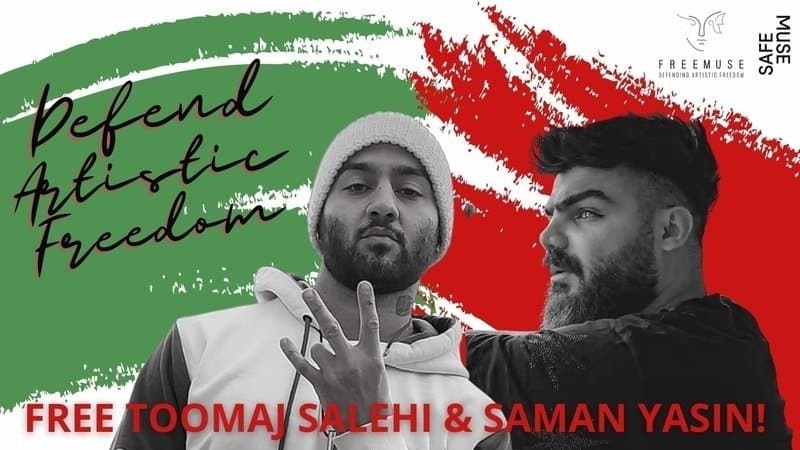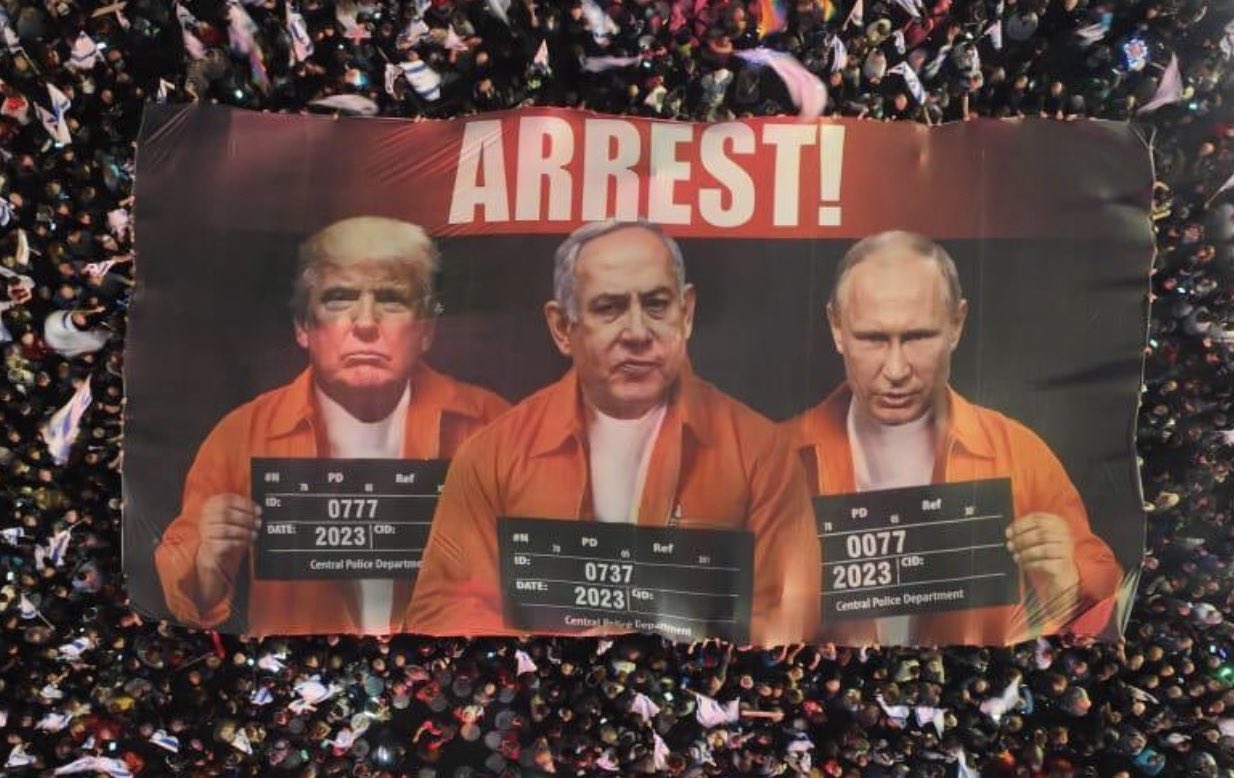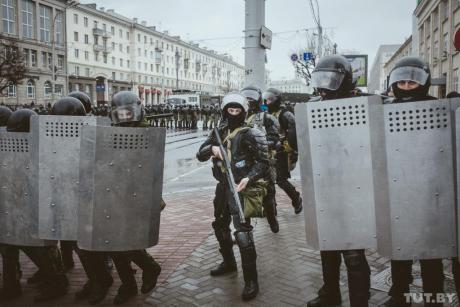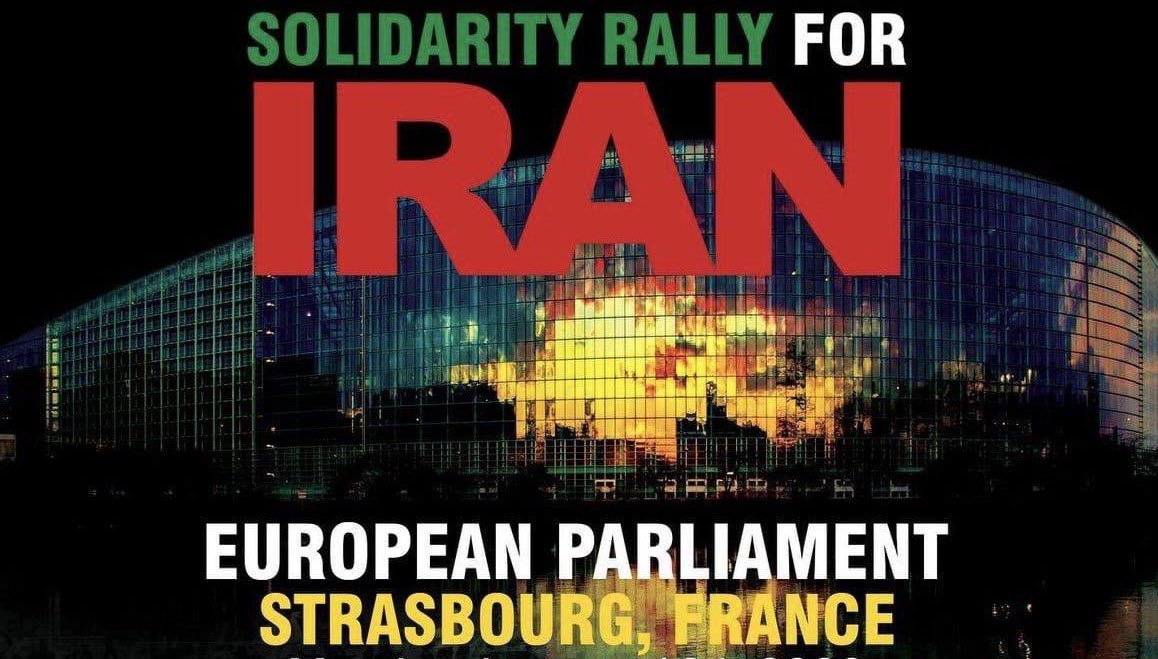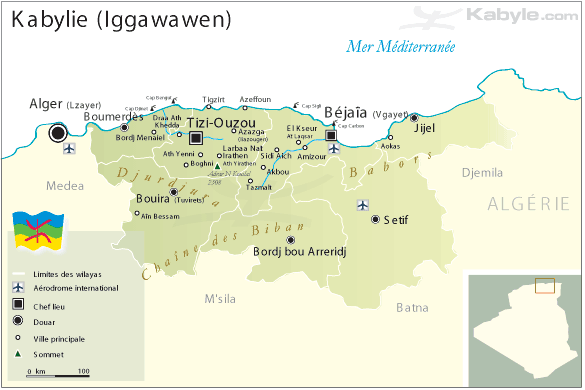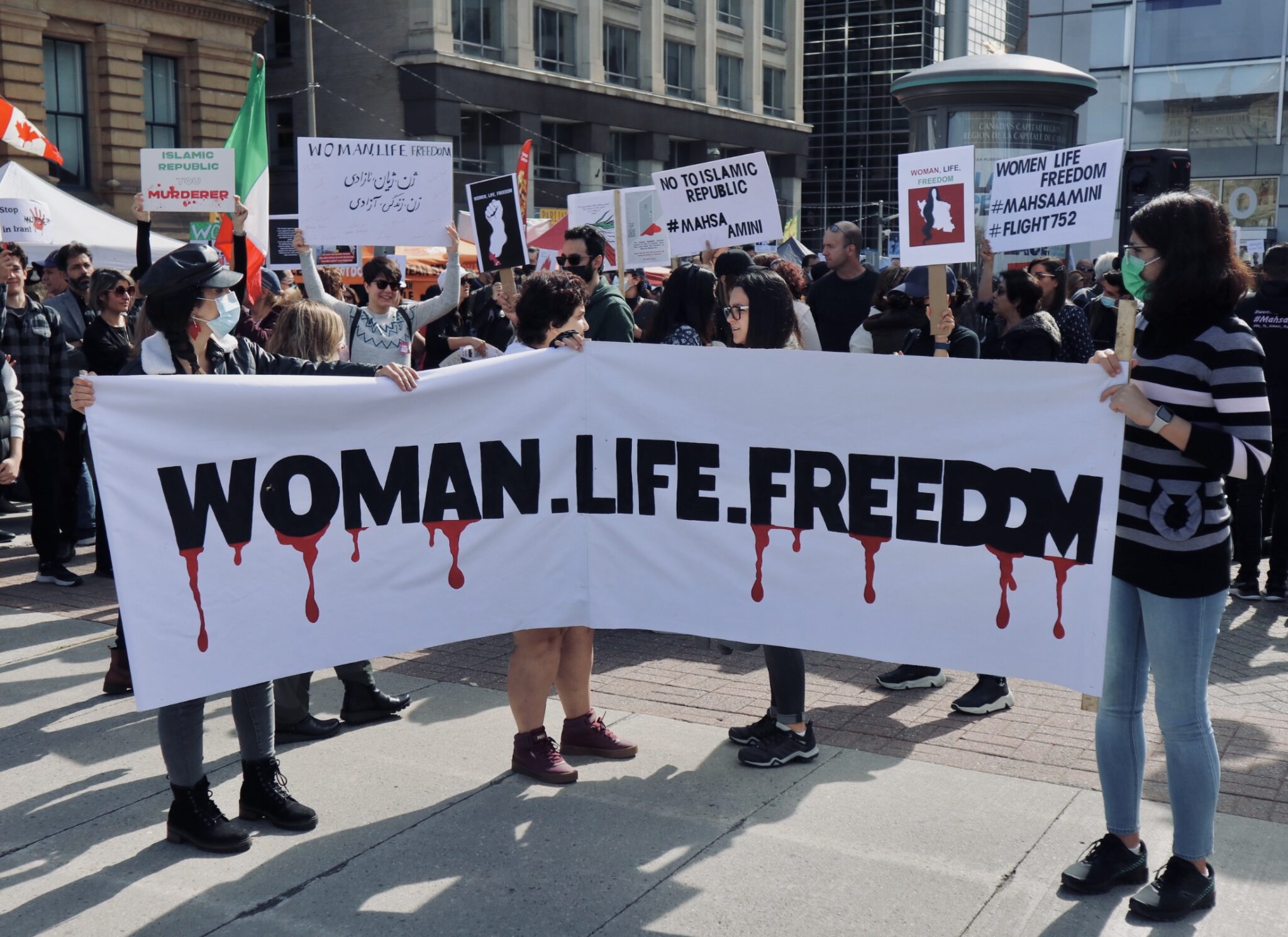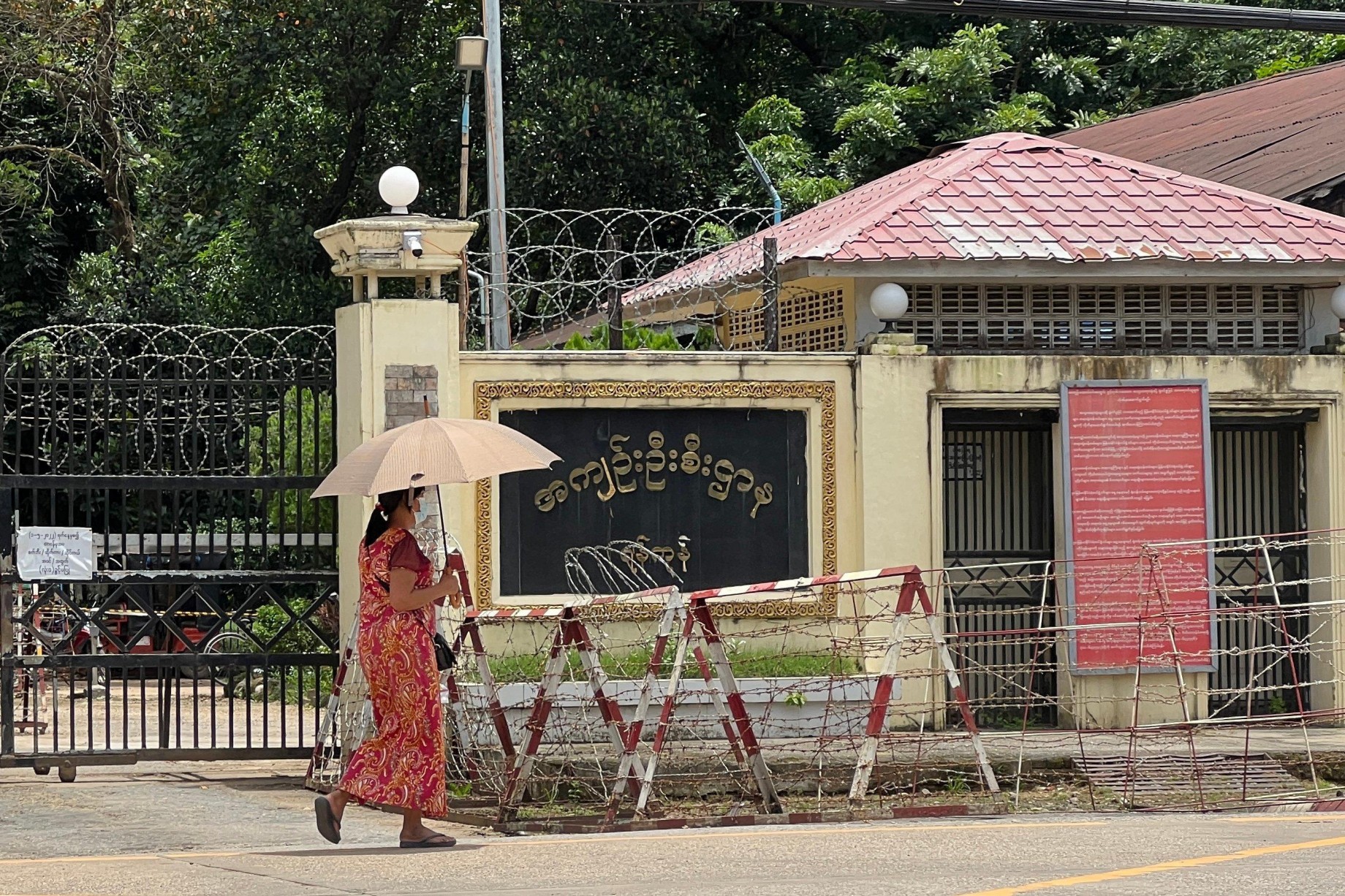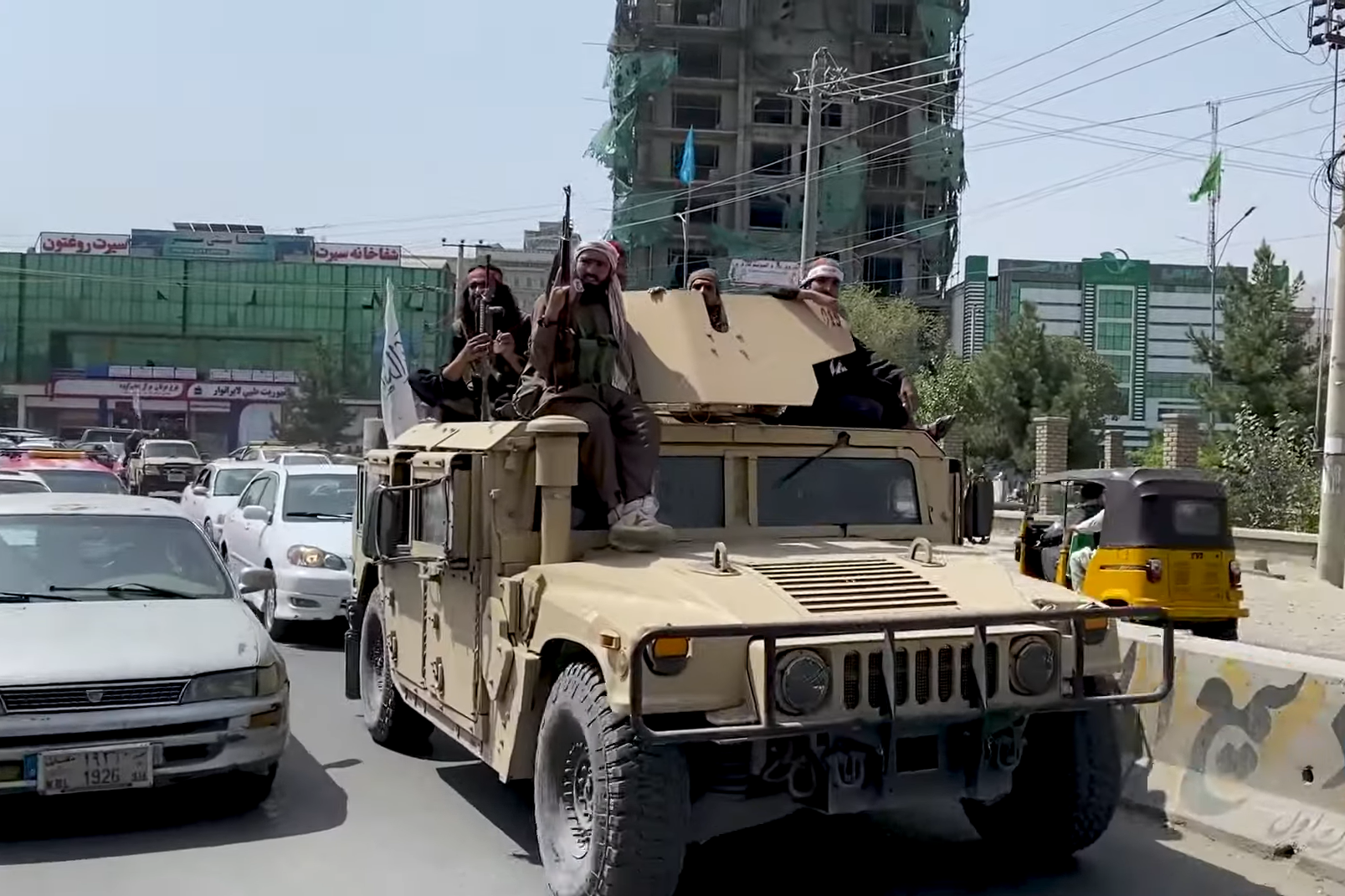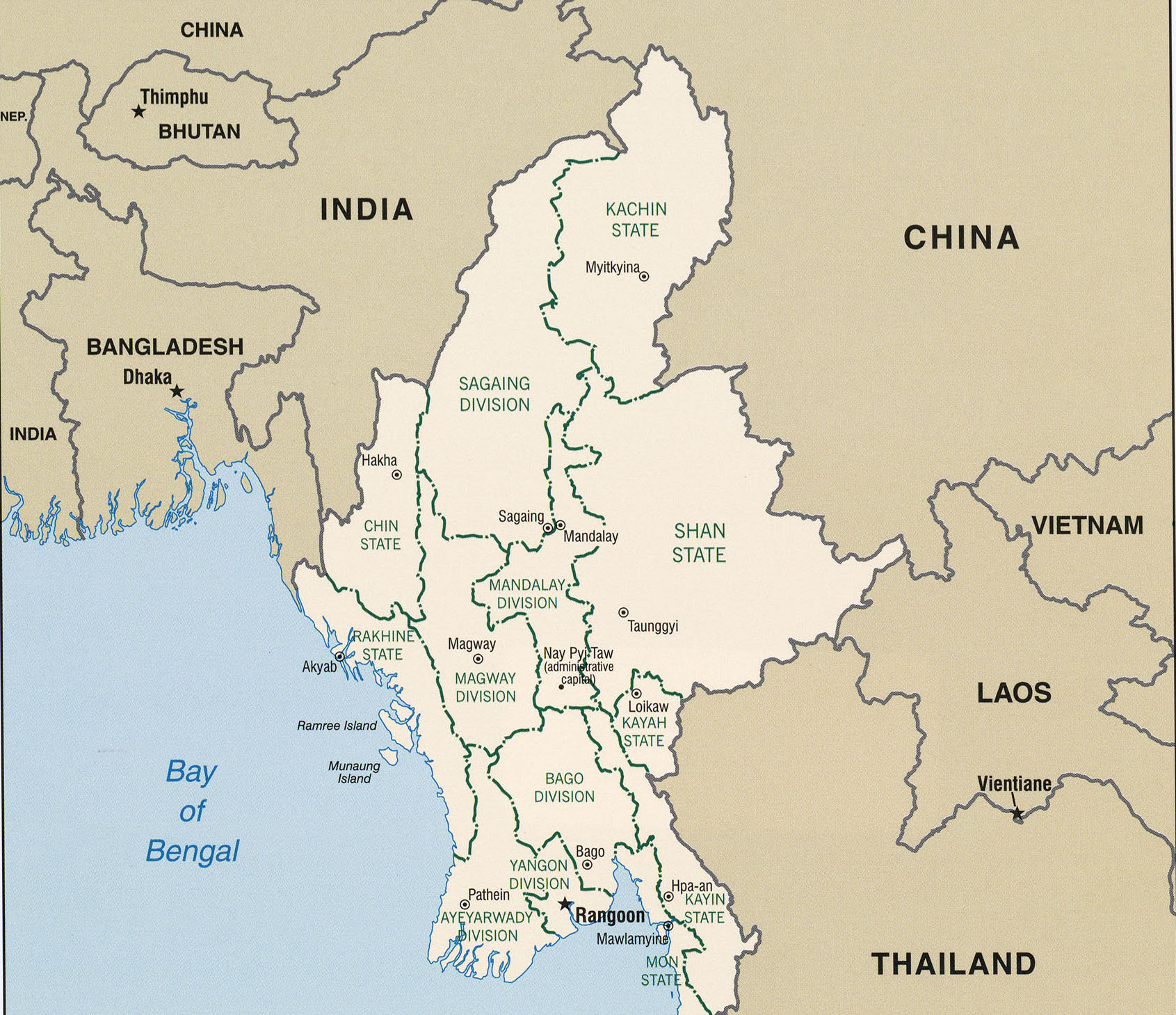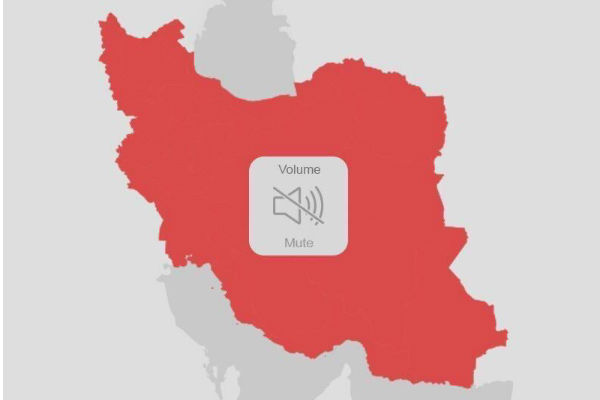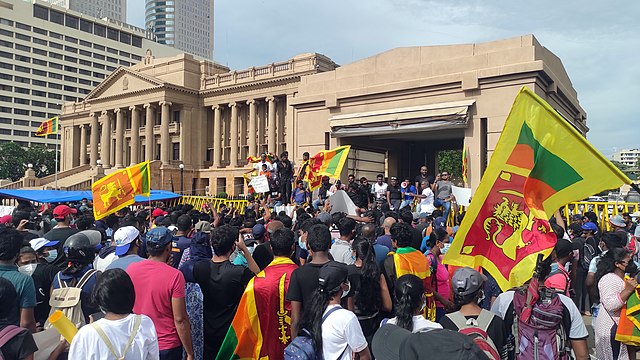
Sri Lanka: protest ‘draconian’ anti-terrorism bill
Human Rights Watch (HRW) condemned Sri Lanka’s proposed Anti-Terrorism Act, charging that it would allow authorities to systematically violate fundamental rights. The current text of the bill, intended to replace the 1979 Prevention of Terrorism Act, includes crimes such as property damage, theft or robbery under “terrorism” offenses, and would restrict the rights to freedom of assembly and speech. The bill further grants the police and military broad powers to detain people without evidence. The bill also creates a new capital offense, for murder in an act of “terrorism,” despite the fact that Sri Lanka placed a moratorium on executions in 1976. The legislation comes amid a deep political crisis in the country which has already seen the suspension of parliament this year. Stated HRW: “The government’s crackdown on dissent and misuse of existing counterterrorism laws to arbitrarily detain protesters highlights the obvious risk of abuse.” (Photo: AntanO via Wikimedia Commons)



